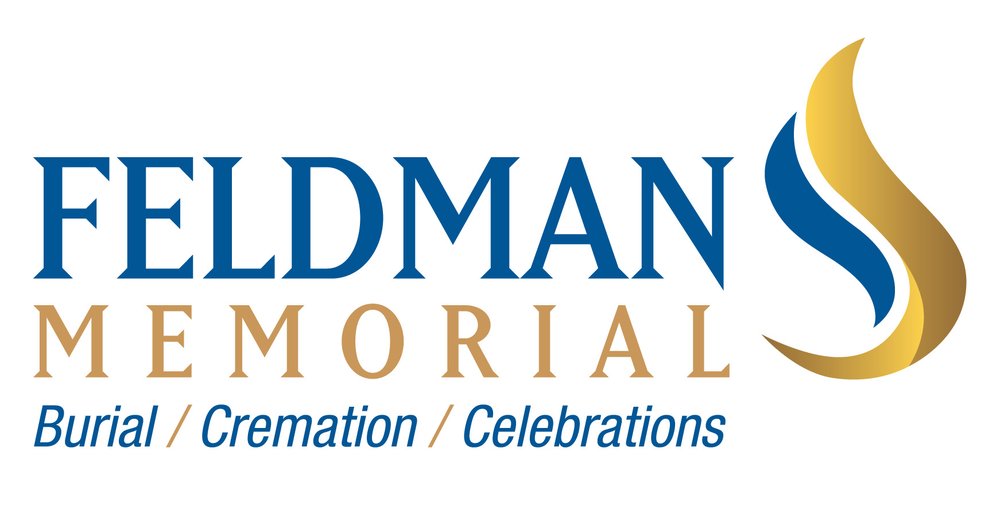
Types of Cremation
Monday, October 10, 2022
Cremation is a method of burial that speeds up the decay process of a body. However, "cremation" often refers to cremation processes that use fire. You may be surprised to know that there are other types of cremation burials in use. If you need a quick and reliable cremation service for a loved one, cremation services in Denver, CO would be the best option. You are sure to get quality services at an affordable price.
Types of Cremation
- Fire Cremation
As the name suggests, a fire cremation uses fire to decompose a dead body. The body will not directly contact the flames; you only expose it to the heat. The cremator has to generate enough heat for the process to work. While the body is in the cremator, the heat melts it down and removes all of its water content, leaving a dry residue of bones and body minerals. Cremation ashes or crushed remains are the results of this process.
- Water Cremation
Water cremation or aquamation is a cremation that speeds up a body's decomposition using alkaline hydrolysis. The process, however, does not use water exactly; it uses a concentrated basic solution. Aquamation uses a cylinder called a resonator to apply the primary solution to the body continuously. The basic answer, which is a mixture of potassium lye and water, has to be heated to about 300°F. The process only takes some hours, and it leaves a bone residue.
- Biological Human Composting
Human composting does not use a chemical process for decomposition. It uses the same biological process a body goes through during decay, but it provides conditions that hasten the process. You place the body in a hexagonal cylinder where it will slowly decay over 4 to 6 weeks. The body will completely decompose into the soil-like remain that can be scattered or buried like cremation ashes. You may choose to plant a memorial garden with the remains.
Advantages of Cremation Burials
- Cremation Speeds Up the Decay Process
It takes a long time for a body to decay naturally wholly. A cremation burial takes only a few hours to achieve the same result.
 Remains Are Safe for the Environment
Remains Are Safe for the Environment
The remains gotten from cremation are safe for the environment. Therefore, you can hold more personalized burials with the remains, such as scattering, scattering, storing, planting, and jewelry.
- It Is Cost Efficient
Traditional burials are more expensive than cremation burials. Any cremation you go for would be a better option economically.
- Cremation Maintains Resources
Cremations like aquamation and human composting only need a small amount of energy. Water cremation uses water, a renewable natural resource. Also, cremation does not use up land space like a traditional burial.
- It Is More Convenient for Funeral Services
Remains can be stored safely after the cremation; therefore, you have enough time to make funeral arrangements. Though embalming can help to preserve a dead body, a traditional burial can not wait that long.
- If you appreciate the idea, you can get your relative's cremation services in Denver, CO. You will have more options for both burials and funeral services.
Previous Posts
Celebration of Life Services
It is impossible to refute the reality that anyone, at any age, in any place, and under all circumstances, is susceptible to passing away. The best thing we can do is to live each day of our lives ...
What Is Biological Human Composting?
The Biological Human Composting process is the most recent innovation to emerge in the funeral service industry regarding how dead bodies are disposed of. This technique is also known as nat...
Water Cremation as a Greener Alternative To Flame-Based Cremation
Water cremation, also known as alkaline hydrolysis or "aquamation," is a process that uses water and alkaline solutions to reduce a deceased body to bone fragments. The process is an alternative to...
What Are the Processes Involved in a Water Cremation?
Alkaline hydrolysis, more commonly known as water cremation, is a method for disposing of a body that does not include the use of fire. A water cremation would impact global warming and the environ...
Pre-Planning
A funeral home is a business that helps with funeral and burial-related services. They also provide extra services, such as an avenue for pre-planning. It will help if you had help from funeral hom...
Direct Burial
A funeral is a vital part of burials, but it is not compulsory. The central part of burial is discarding the body. Therefore, it means you can be flexible in your burial arrangements. Whatever you ...
Funeral Homes
A funeral home is a business that renders services related to funerals and burials. They also provide consultations on funerals and assistance with legal requirements. They form partnerships with b...
Celebration of Life
If you can't decide on what to do for a funeral, it may be because you don't have enough knowledge or you need some guidance. It is best to get professional help at this point. Funeral homes in Aur...
Is Water Cremation Right for Me?
Compared to traditional methods of body disposal, like burial or fire cremation, cremation using water is more eco-friendly. This is because the number of toxic compounds discharged into the air du...
Funeral Reception: An Overview
The purpose of the reception is to provide attendees an opportunity to pay their respects to their departed loved ones, catch up with friends and family, and share memories of the good times they s...


Comments